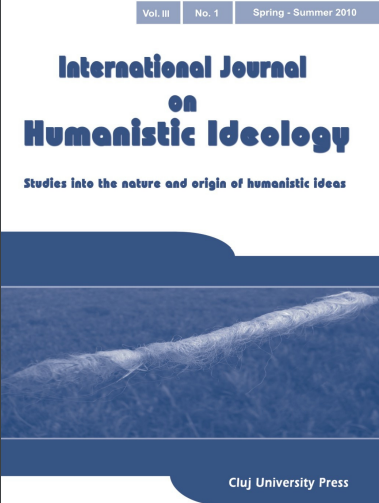Flashback: Reshuffling Emotions
Flashback: Reshuffling Emotions
Author(s): Dana Sugu, Amita ChatterjeeSubject(s): Philosophy
Published by: Presa Universitara Clujeana
Keywords: habituation; change; novelty; arousal; taxonomy of affective processes; SEEKING system.
Summary/Abstract: Each affective state has distinct motor-expressions, sensory perceptions, autonomic, and cognitive patterns. Panksepp (1998) proposed seven neural affective systems of which the SEEKING system, a generalized approach-seeking system, motivates organisms to pursue resources needed for survival. When an organism is presented with a novel stimulus, the dopamine (DA) in the nucleus accumbens septi (NAS) is released. The DA circuit outlines the generalized mesolimbic dopamine-centered SEEKING system and is especially responsive when there is an element of unpredictability in forthcoming rewards. We propose that when the outcome of this interaction is unexpected or unanticipated then Panksepp’s “cognitive or expectancy reset” mechanism involving the cognitive dissonance would yield the subjective emotion of surprise. In order to appropriately react to the environment’s stimuli one needs fundamental processes that would enable one to distinguish between what is novel and what has been already experienced, as well as the different degrees of novelty. Novel events are those whose essential features of the representation (visceral and perceptual) are altered and being discrepant provoke more sustained attention. Novelty arises from salient and arousing events and the organism experiences surprise, as coming out of a habitual state. In this framework, we shall look at established theories of emotions and propose a different approach to their taxonomy.
Journal: International Journal on Humanistic Ideology
- Issue Year: III/2010
- Issue No: 01
- Page Range: 109-133
- Page Count: 24
- Language: English

